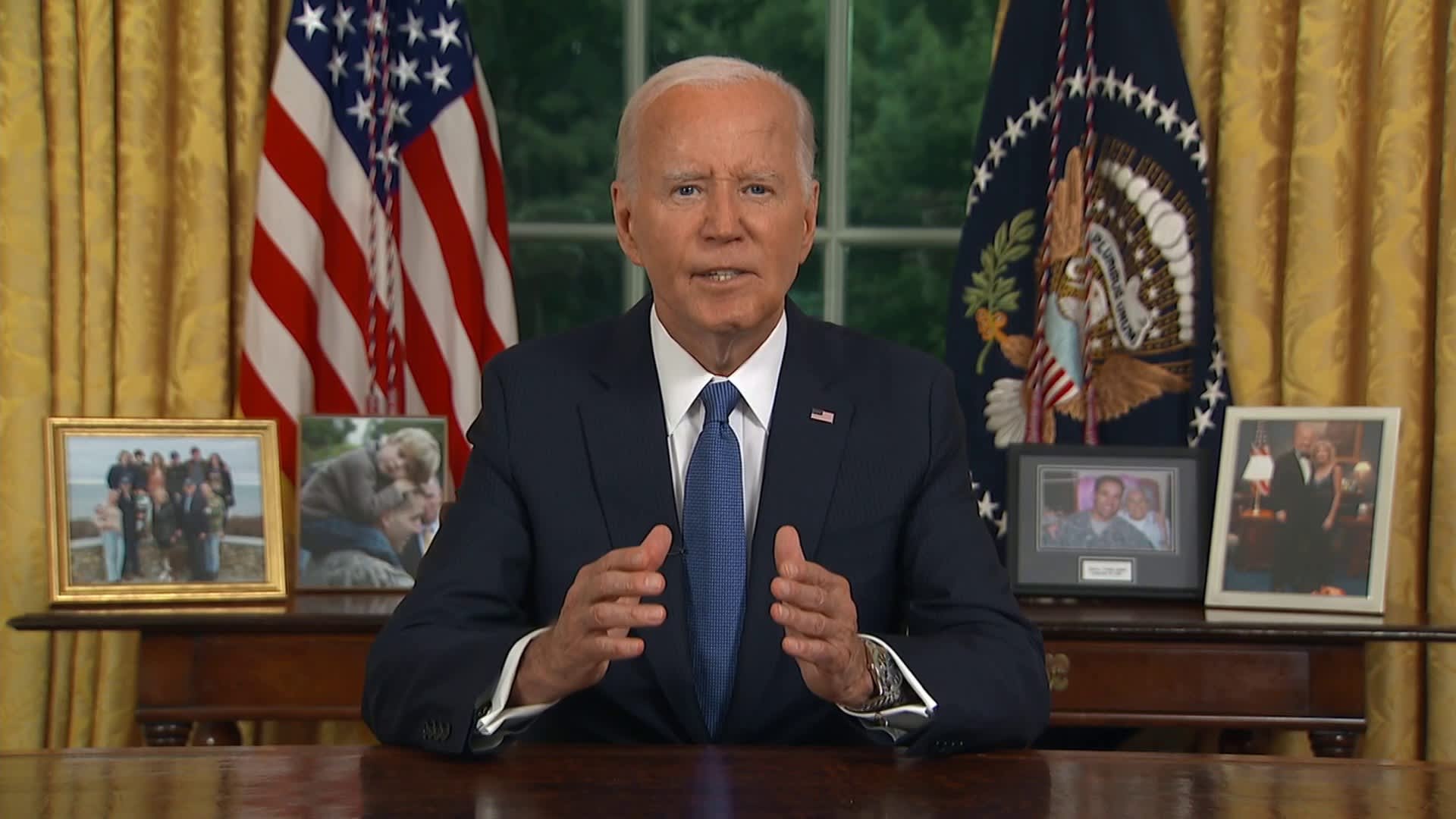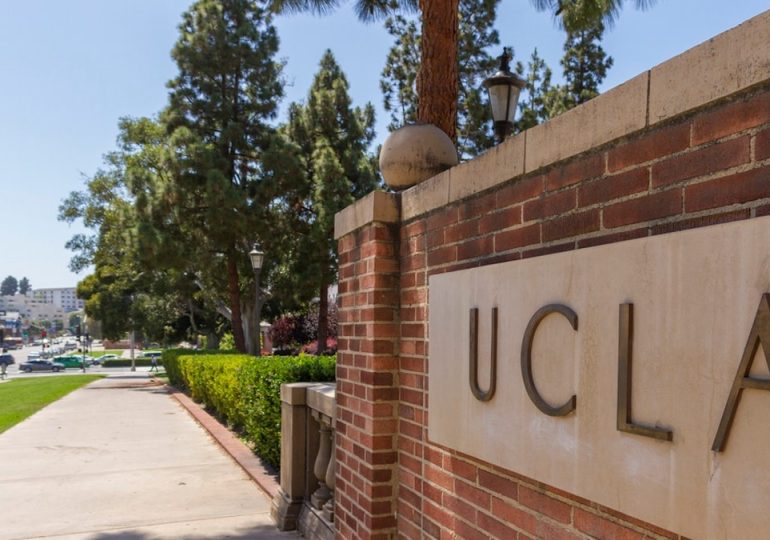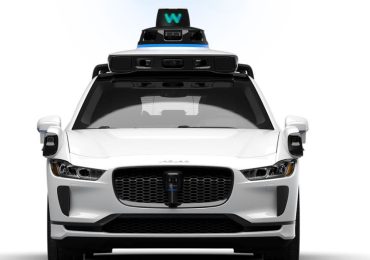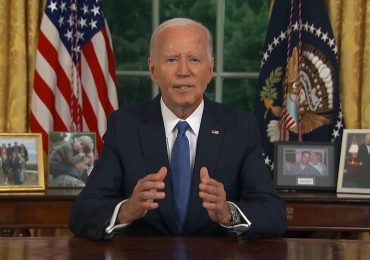Artificial intelligence is outpacing doctors when it comes to detecting a common cancer in men.
A new study from UCLA found that an AI tool identified prostate cancer with 84% accuracy — compared to 67% accuracy for cases detected by physicians, according to a press release from the university.
Unfold AI, made by Avenda Health in California — a software recently cleared by the U.S. Food and Drug Administration — uses an AI algorithm to visualize the likelihood of cancer based on various types of clinical data.WHAT IS ARTIFICIAL INTELLIGENCE?
In the study, a team of seven urologists and three radiologists analyzed 50 cases where tumors had been removed, looking for signs of residual cancer.
A few months later, the AI software performed the same analysis.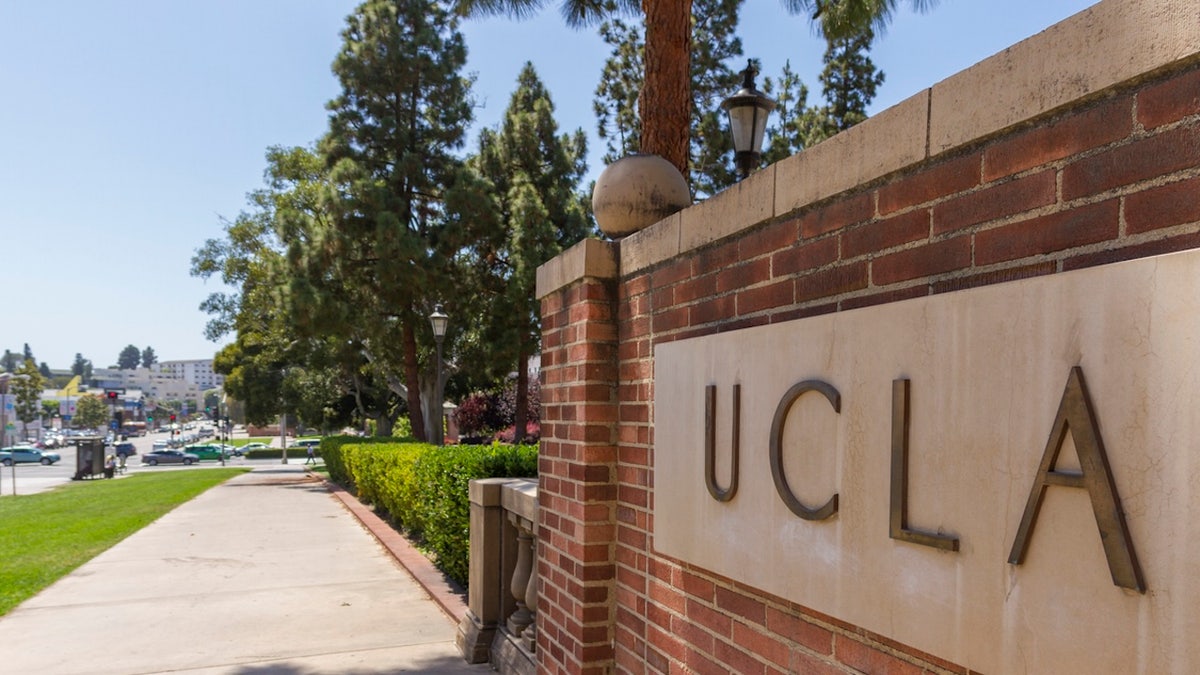
A new study from UCLA found that an AI tool identified prostate cancer with 84% accuracy — compared to 67% accuracy for cases detected by physicians. (iStock)
Ali Kasraeian, M.D., a urologist at Kasraeian Urology in Jacksonville, Florida, said he uses the Unfold AI technology in his consultations with patients about managing their prostate cancer
AI COULD PREDICT WHETHER CANCER TREATMENTS WILL WORK, EXPERTS SAY: ‘EXCITING TIME IN MEDICINE’
“The AI takes the information that we currently have about a patient’s prostate cancer — like their pathology, imaging and biopsy results — and creates a 3D cancer estimation map,” he told Fox News Digital via email.
“The results we get from Unfold AI tell us if a patient will be better suited for focal therapy or more radical therapy, such as radical prostatectomy, or radiation therapy, ensuring we optimize their cancer cure, the personalization of their cancer care, and their quality of life goals.”
“AI is our new diagnostic ally — but like any tool, it works best in human hands.”
Based on these findings, the AI could lead to more accurate diagnoses and more targeted treatments, reducing the need for full-gland removal and the side effects that can come with it, such as incontinence and impotence, the researchers wrote.
AI MODEL COULD HELP PREDICT LUNG CANCER RISKS IN NON-SMOKERS, STUDY FINDS: ‘SIGNIFICANT ADVANCEMENT’
Joshua Trachenberg, PhD, is a professor of neurobiology at UCLA — and also a prostate cancer patient himself. After doctors found a slow-growing tumor on his prostate, they recommended removing the gland surgically — but he decided to explore other options.
“I got in touch with a team at UCLA, where I also am a faculty member, that was exploring alternate treatments to total gland removal,” Trachenberg, 56, told Fox News Digital via email.

The “negative margin rate” — a medical term that describes the absence of cancer cells surrounding the removed tissue — was 45 times greater in AI-detected cases, so the chances of cancer being left behind was far less. (iStock)
The UCLA researchers were testing an approach that uses ultrasound to heat tissue and is “focally guided” by MRI to destroy the cancerous tissue without damaging the rest of the gland, he said.
After some imaging scans, it was determined that Trachenberg was a candidate for the experimental therapy.
AI TECH AIMS TO DETECT BREAST CANCER BY MIMICKING RADIOLOGISTS’ EYE MOVEMENTS: ‘A CRITICAL FRIEND’
“The 3D map created by Unfold AI enabled this team to identify precise margins, target the cancerous area and avoid any functional structures of the gland,” he said.
“It was able to visualize my cancer and it gave me a much better understanding of my case.”
Advertisement


